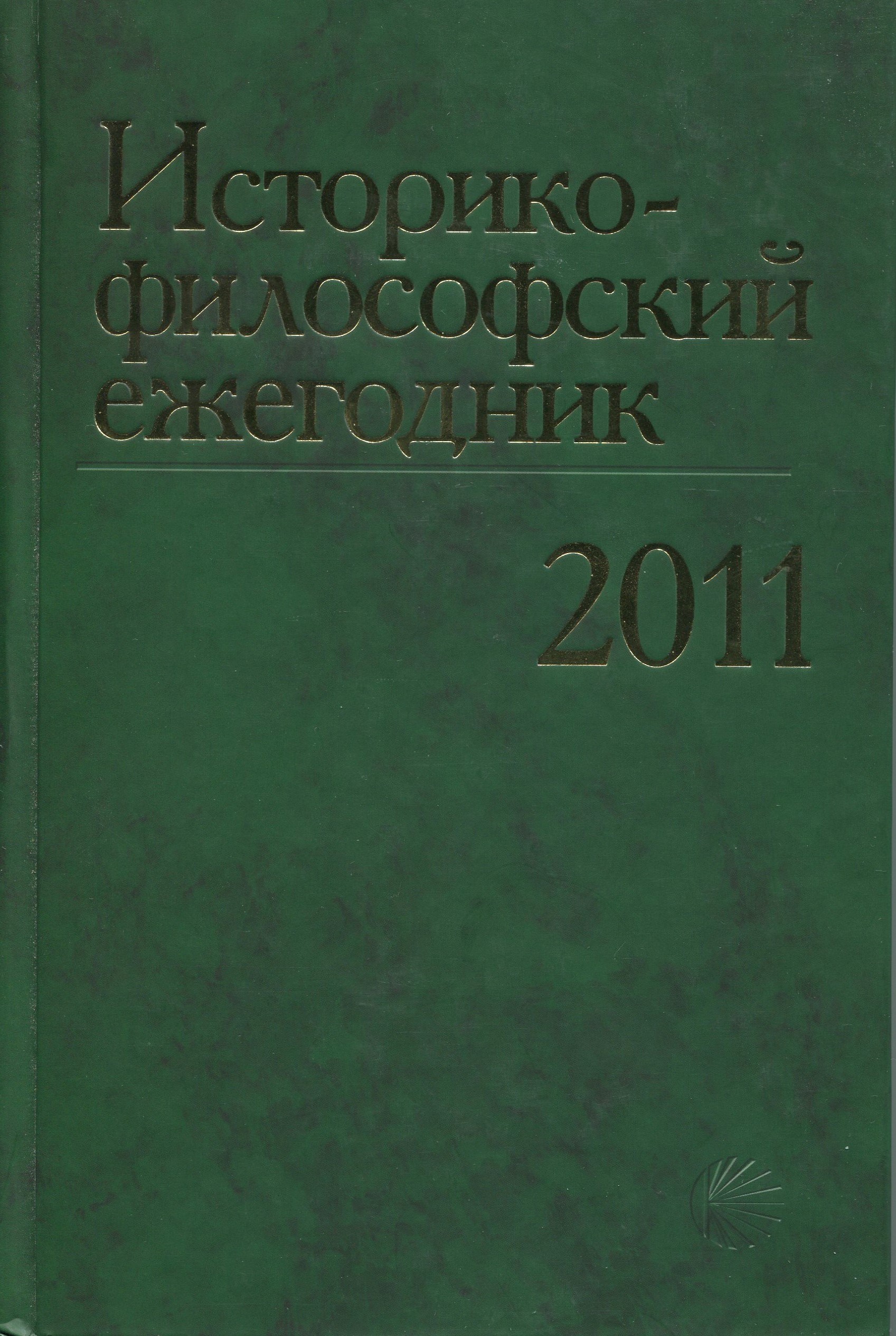«Let me not lose my mind, oh God...»: The Maxim of Self-Preservation in Kant’s Anthropology
Keywords:
PHILOSOPHICAL ANTHROPOLOGY, TRANSCENDENTAL PHILOSOPHY, LOGICAL EGOISM, PSYCHOPATHOLOGY, IMMANUEL KANT, MERAB K. MAMARDASHVILI, ALEXANDER S. PUSHKIN, REASON AND SENSESAbstract
The article covers a previously neglected aspect of «Anthropologie in pragmatischer Hinsicht». Kant treats reason (intellect) as a guard and custodian of a wholeness of inner experience; and also of a successive unity of consciousness in time; and, lastly, of the very mental sanity of man. But to realize this mission reason has to know and respect the limits of its capacities. Hence arises an ethical concept of «discipline of reason itself», which is unique in the age of Enlightenment. The discipline of reason includes a requirement of its obligatory independence and strict logical consistency of thinking, and at the same time it comprises systematic agnosticism and readiness for public verification of any judgment whatsoever. And it is concurrent with defending the fundamental human rights such as the freedom of speech and discussions.





